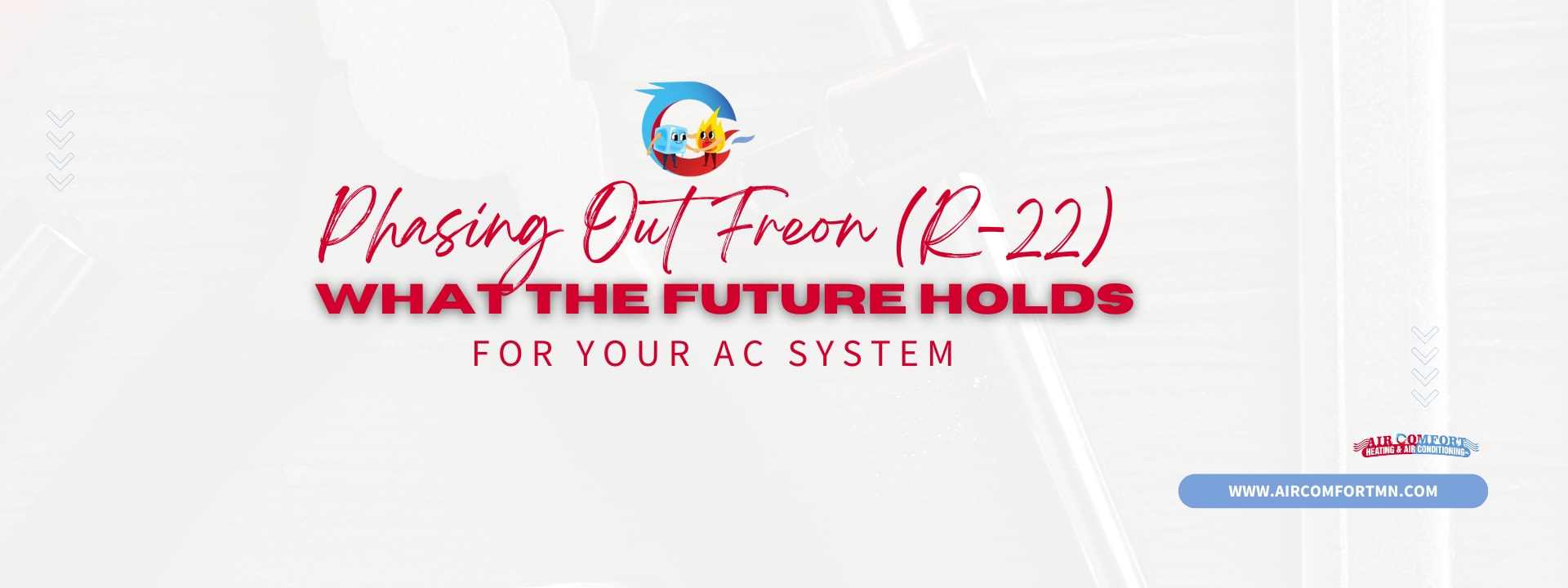|
In recent years, the topic of Freon, specifically the R-22 refrigerant, has become a pressing issue for homeowners with air conditioning systems. As environmental concerns drive changes in HVAC technologies, understanding the implications of the Freon phase-out is crucial for anyone relying on older AC systems. Let's delve into what Freon is, why it's being phased out, and what this means for your air conditioning system.
Understanding Freon and Its Environmental Impact Freon, often referred to by its chemical name, R-22, has been the refrigerant of choice for residential air conditioning systems for decades. However, it belongs to a class of chemicals known as hydrochlorofluorocarbons (HCFCs), which have been found to contribute significantly to ozone layer depletion. To address this environmental hazard, international and national regulations have been implemented to phase out the production and import of R-22 gradually. Timeline of the Freon Phase-Out The phase-out of R-22 began with the Montreal Protocol, an international treaty signed in 1987, aimed at protecting the ozone layer. The United States has adhered to this protocol through regulations enforced by the Environmental Protection Agency (EPA). By 2010, the production and import of R-22 were banned, except for continuing service needs of existing equipment. By January 1, 2020, the production and import of R-22 will be completely banned. Implications for Existing AC Systems For homeowners with AC systems that use R-22, this phase-out means that maintaining and servicing these systems is becoming increasingly difficult and expensive. As R-22 supplies dwindle, the cost of the refrigerant has risen, and it will continue to do so. Eventually, R-22 will become unavailable, and systems that rely on it will have to be replaced or converted to use alternative refrigerants. Options for Homeowners Homeowners with older AC systems that use R-22 have a few options: Continue using existing systems: Until R-22 becomes unavailable, you can continue using and servicing your existing systems. However, be prepared for rising costs and eventual system replacement. Retrofitting: Some systems can be retrofitted to use newer, more environmentally friendly refrigerants like R-410A. Retrofitting can be a cost-effective option, but it's not suitable for all systems. System replacement: Replacing an old AC system with a new, efficient model designed for modern refrigerants is often the best long-term solution. This not only ensures compliance with environmental regulations but also improves energy efficiency and performance. Benefits of Upgrading to Newer, More Efficient Systems Upgrading to a modern AC system offers several benefits:
Choosing the Right Solution Deciding whether to retrofit or replace your AC system depends on several factors, including the age and condition of the current system, financial considerations, and your home’s cooling needs. Consulting with a professional HVAC technician, like those at Air Comfort, can help you make an informed decision. The phase-out of Freon is a significant change that affects many homeowners. By understanding the timeline and implications of this phase-out, you can take proactive steps to ensure that your home remains cool and comfortable in an environmentally responsible manner. Is your AC system affected by the phase-out? Contact Air Comfort.
0 Comments
Leave a Reply. |
AuthorVarious. Archives
July 2024
Categories
All
|
CALL NOW: 763-753-6623
Privacy Policy l Cookie Policy l Conditions of Use l Notice and Take Down Policy l Website Accessibility Policy
© 2024 The content on this website is owned by us and our licensors. Do not copy any content (including images) without our consent.
Website managed by Go Savvy Social
Privacy Policy l Cookie Policy l Conditions of Use l Notice and Take Down Policy l Website Accessibility Policy
© 2024 The content on this website is owned by us and our licensors. Do not copy any content (including images) without our consent.
Website managed by Go Savvy Social


 RSS Feed
RSS Feed